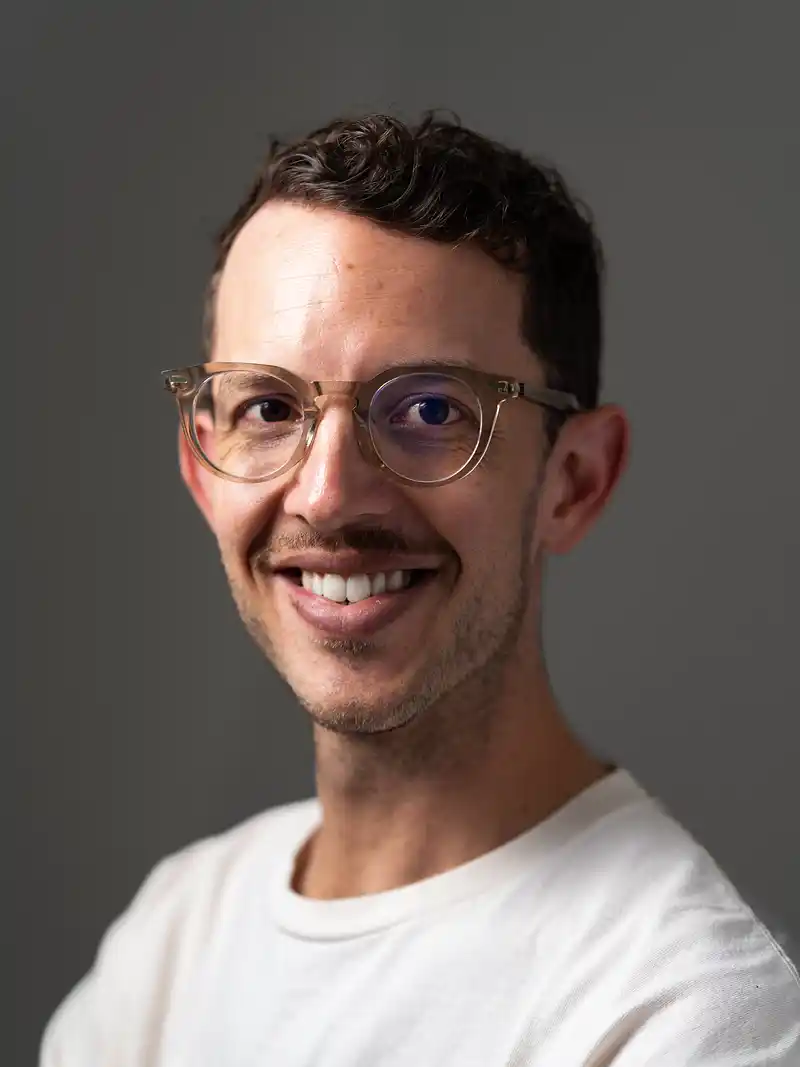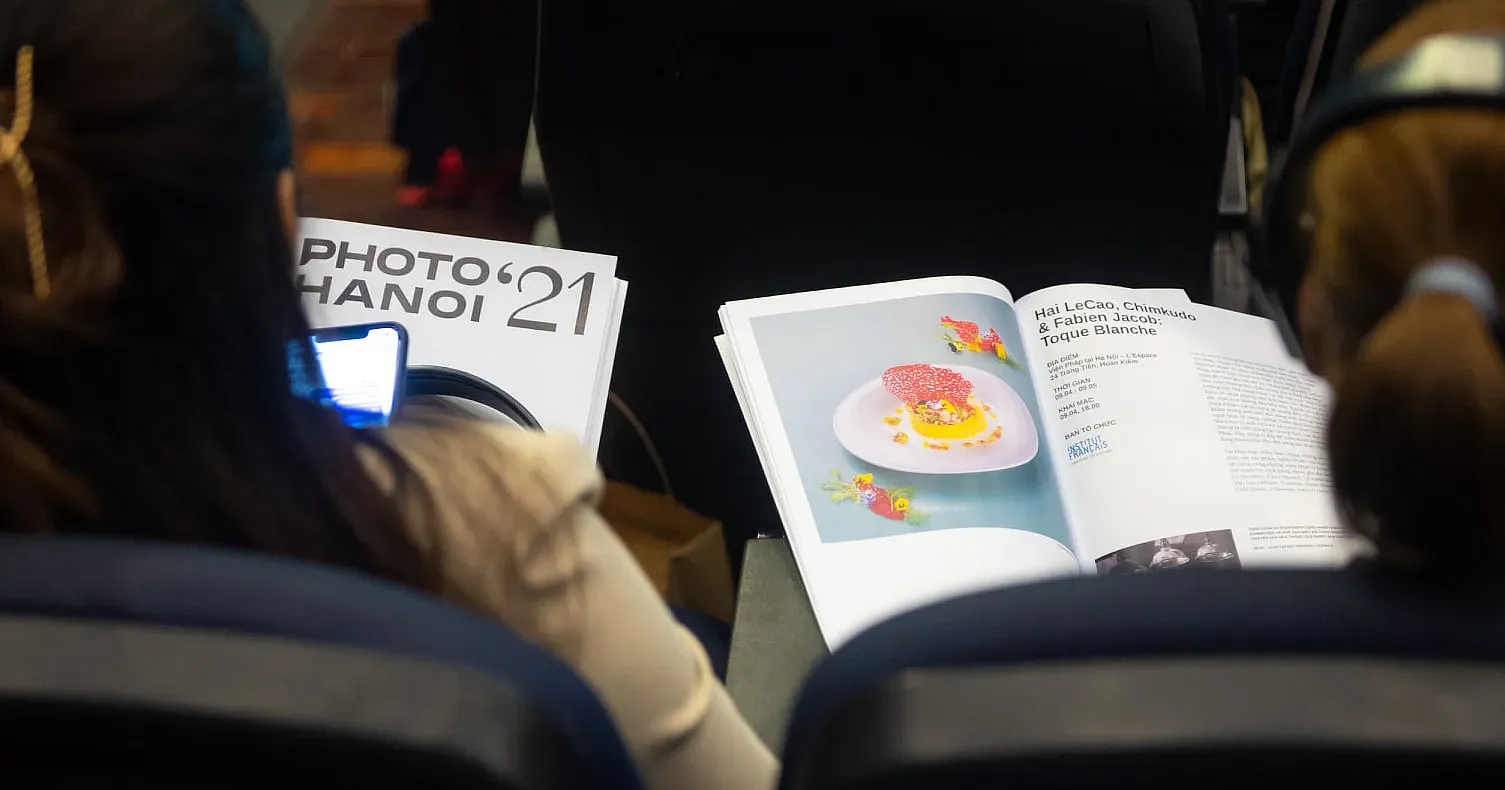In Vietnam, the term “innovation” is mostly associated with technological and economic development, but what about “social innovation”?
Thanks to COVID-19, we have all been forced online, while still dealing with the challenges of the real world. Not counting the pandemic, Vietnam still has many problems such as landfills that are close to bursting, or winters that come with a new twist: air pollution.
Perhaps these problems are just cries for help, for us to pay attention to how we as a society are living. Luckily, there are those among us who are listening to the calls and trying to do something about it. What if we can help out too by learning from their stories and changing our practices?
Learning from stories
"The social issues we are facing today are not meant for just one organization, or even a nation, to solve alone. They are complex issues nested in a web of interconnected relations, cultural norms, behaviors and interests,” says Nguyễn Tuấn Lương, Head of Solution Mappings UNDP Viet Nam Accelerator Lab (AccLab), United Nations Development Programme (UNDP). "We see social innovation as a means to help accelerate progress toward SDGs in an inclusive and participatory manner"
For Lương, the core of many social initiatives is building trust and relationships in creative spaces where people can experiment on social issues. The Viet Nam AccLab team has been trying to create changes with projects like helping Da Nang to tackle its waste problem and forming the Vietnam Accelerator Lab Community.
One of the main missions of the AccLab network is to “accelerate learning to achieve Sustainable Development Goals (SDGs) by 2030”, and on May 19, Lương helped organize a virtual event called "Puzzle pieces of Social Innovation in Vietnam.” The hope was to spread awareness, to include diverse perspectives about innovation in general, and social innovation in particular, hearing stories directly and learning from the people who are contributing in this field.
The event’s organizers believe that storytelling is an ancient way of learning; the event was hosted with a method called Collective Story Harvest (CSH).
At its heart, CSH means to learn from stories together. The idea is that all of us have different backgrounds, ideas, beliefs, etc., and so the lessons that we gain from hearing the same story might be different. And by collecting, harvesting, those learnings together, we then have a better view, a wholer one than the one we had before.
In the event, there were four storytellers, all from different fields, doing different things. Yet, they are all trying to help in their own ways. And there were more than 80 participants, gathered in the space of Zoom. Each brought their backgrounds, their experiences, their presents, to contribute.
The puzzle pieces
Near the Cuc Phuong National Park in Ninh Binh is Lá Library, an education center that promotes sustainable living. Lá’s founder, Nguyễn Minh Vũ, loves learning, and the space was formed based on the idea of finding “a place to learn from reality, from labor, from experiments.”
“[At Lá] our main focuses are shelter and food,” Vũ shared. He and his friends have been trying to live in harmony with nature through practices like earthen building and permaculture. In some way, what they are trying to do at Lá is rebuilding human’s relationship with the earth itself. “Humans have had such a big impact on the earth, so now we need to help the healing. [For example] in a garden, it is possible to restore the land while still growing food to eat.”

One of the buildings on the grounds of La Library. Photo by Ellie Shipman.
Similar to Vũ and Lá Library, Vũ Thảo and Kilomet 109 also work with natural materials, though their focus is on clothing.
“I started out wanting to form a creative line of products that meet urban needs yet use traditional crafting methods of the Viet people,” Thảo said. “But after a while, our work began to touch on many social needs such as maintaining traditional crafts, ensuring the local labor force and creating jobs for disadvantaged communities.”
Thảo loves getting involved in all the processes of creating the fabric: “From planting to harvesting, preliminary processing of raw fibers, then weaving, dyeing, decorating… I cannot be there all the time, but it is a gift and privilege for me to be there, especially as a designer living in a city.”
By being so involved, not only does Thảo know her material intimately, but her designs also become a bridge between the customers, the crafts and the local artisans. “It is a way to nurture understanding and empathy toward traditional crafts… It is about the preservation of the craft village’s identities, the local workforce, and finally the cultural diversity of the country.”

Vũ Thảo at her store. Photo by Albert Prieto.
The third storyteller is Đỗ Quý Dương, the Research and Governance expert of Oxfam Vietnam. His work focuses on social policy analysis, promotion of governance initiatives and capacity building of civil society organizations in Vietnam.
Unlike Thảo and Vũ who shared about their real-life projects, Dương talked about social innovation on a metalevel. “For me, there are three levels to social innovation. The first one is about the tools — how we communicate and work together both online and offline. The second is the approach, it could be the physical spaces or cooperation mechanisms, for us to meet, share ideas and collaborate. And the third one is about the mindset — the way we think in dealing with social issues such as design thinking or ecosystem thinking.”

Throughout the three levels, there is a red thread: the importance of working together. “Besides my main job, I also join different groups such as the animal shelter group. There I see they work with relevant parties like the Department of Livestock in the Ministry of Agriculture and Rural Development, or different veterinary stations.” That is a small example of what an ecosystem could look like. “And there could be many ecosystems, each focusing on a specific problem or specific region.”
The fourth and final storyteller, Trương Thị Nam Thắng, is the director of the Center for Social Entrepreneurship and Innovation at the National Economics University. She is also an entrepreneur, a lecturer, an advisor, and an associate research fellow of Cambridge University.
Aside from those formal titles, she also has been called an “ecosystem builder” and a “pracademia,” referring to “an academia in social innovations who walks the talk.” It would not be an overstatement to say she has a lustrous career, though her journey is not without struggle.
“One of my biggest challenges, which I thought is a bit unfair, is that I am a woman,” Thắng shared. “For a social entrepreneur, they have two pressures: to keep their enterprise going while still serving a social purpose… I also have those pressures, but as a woman, there is also my family, my kids, and other barriers.”

Thắng said if a man were to be appointed as Cambridge’s associate fellow, he would be honored everywhere, but she wasn’t. Or in her school of economics, where most people only care about money and profit, her social work was mocked. "Sometimes in meetings, the school managers taunted me: 'Wow, Thắng has so many cool programs lately, now and again I’d see an ethnic girl in red and green come to meet you.'"
“But what keeps me on this journey, even if it’s so hard, is the beauty. Like when working with disadvantaged groups, it is a wonderful feeling to empower and help others grow. Plus I get to work with people who inspire me, their beautiful souls, the good inside them inspire me and keep me going,” she cried.
Harvest learning
The stories were told concurrently, each participant could only choose one story to listen to. Then they had the chance to be in small groups with other people from different story circles to share their learnings. People learned things like: a social innovator “dare to try and not afraid of failure,” or the importance of “thinking in system,” and “cross-sector collaboration.” All the stories and discussions were harvested with a tool called Mural.

Harvested learning. Graphic by Thư Nguyễn.
In each of the story circles, the participants also had the space to share back to the storytellers their feelings or insight after listening to the story. In Thắng’s story circle, her struggle was empathized by another lecturer, Chi. “Besides the barrier of being a woman,” Chi said, “I also have a geographical barrier. Born and raised and chose to work in Kon Tum, my chances are very few... Thắng’s sharing has opened up ideas for me on how to connect and become a social worker while still being able to do academic work.”
At the end of the event, people were asked to share one thing that they carried with them after this experience. Some people found “new connections,” others praised “the magic of Zoom” and “the interactive of CSH.” Some were even inspired to act. One person shared:
“I have more insights to answer for myself why and how I want to be a social innovator. Two things that stick with me: ‘All roads lead to Rome’ and ‘You don’t have to look too far, focus on what you have now.’”
















